Brue Family Learning Center




The Brue Family Learning Center is dedicated to introducing family and local history to national and international audiences. Founded by Nord and Suzanne Brue, the Center supports the creation of programming aimed at helping anyone start or advance their family history journey.
Located on Newbury Street in Boston’s Back Bay, American Ancestors, founded as the New England Historic Genealogical Society, is the nation’s oldest and largest genealogical society. The Brue Family Learning Center is part of a capital expansion project to introduce family and local history to wider audiences.
Philanthropic leadership from the Brue Family also supports the creation of unique program content for American Ancestors' online education offerings.
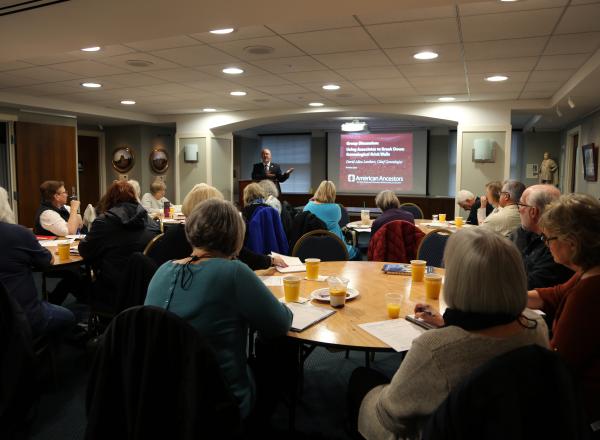
In 2019, Bruegger’s Bagels co-founder Nordahl Brue and his wife Suzanne Brue gave $1.5 million to American Ancestors to endow a family history learning center to help anyone learn more about their ancestry.
The Brue Family Learning Center produces hundreds of family history programs each year, which reach many thousands of people around the world.
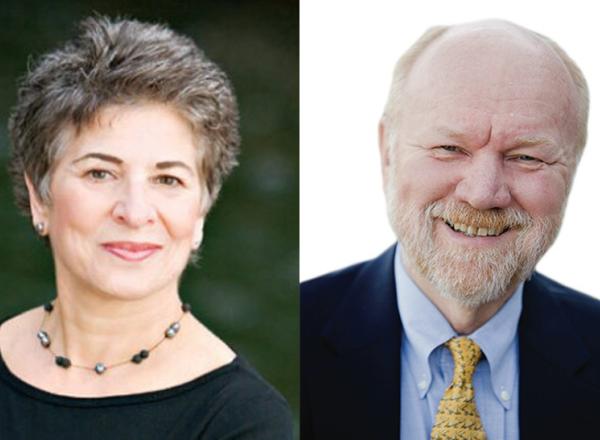
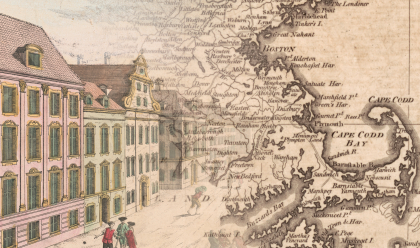
Chief Genealogist David Allen Lambert will provide an introduction and overview to Massachusetts research. He’ll discuss the historical context of available record sets, go-to resources, and helpful strategies.
The Brue Family Learning Center
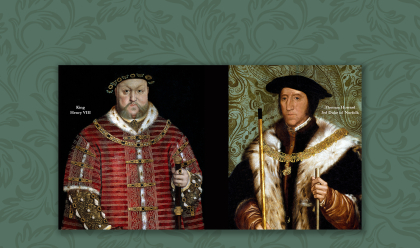
In this richly illustrated lecture Dr. Ridgway will discuss the Howard family’s many achievements, while also considering how some members of the family lost their heads while others kept them.
Art & Architecture
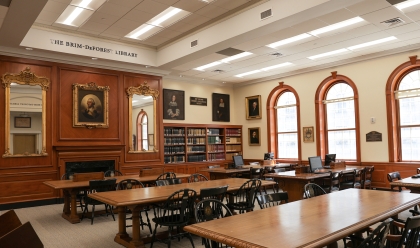
The Brim-DeForest Library at American Ancestors serves as a center for research, learning, and discovery, where history comes to life through archival collections and expert guidance. Learn more about the collections, services, and other library offerings during a brief tour.
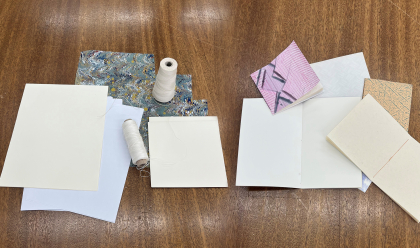
Join American Ancestors’ Conservator, Todd Pattison, for a hands-on workshop that introduces participants to the art of creating a handmade book. Todd will guide you through key techniques such as paper selection, folding, and hand-sewn binding—skills that can be used to create journals, sketchbooks, ledgers, and more.
Hands-on History
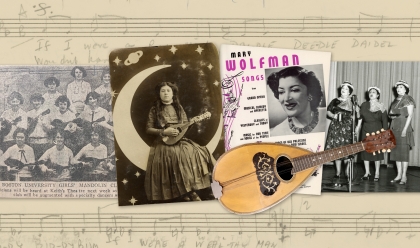
From mandolin clubs to musical theatre, Jewish women found joy, bonds, and purpose through musical self-expression in the early twentieth century. JHC Historian in Residence Madeline DeDe-Panken explores how music was a means for women to navigate changing societal expectations, including pursuing education and careers.
Wyner Family Jewish Heritage Center
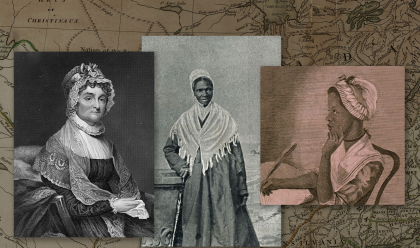
Men were certainly not the only ones affected by—or involved in—the American Revolution. Women boycotted British goods, produced home-spun cloth and supplies for soldiers, and some even took to the battlefield. This presentation will look at women’s role in the fight for American Independence and how to research your female ancestors during this period.
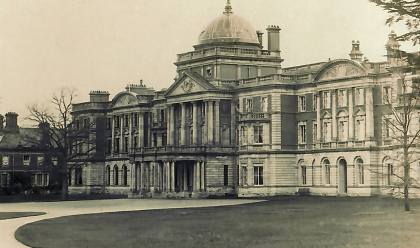
Best-selling author Adrian Tinniswood tells the histories of the legendary Guinness family of brewers, philanthropists, and socialites through their mansions and townhouses.
Art & Architecture
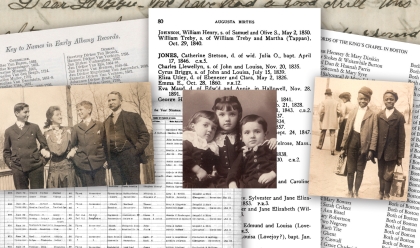
Anyone can do family history research! In this one hour lecture, you will learn about key resources, strategies, and first steps to discovering and recording your family history. We will also demonstrate how to use important organizational tools, such as the multi-generational chart, family group sheet, and research log. And you will learn how to create a solid research plan.
The Brue Family Learning Center
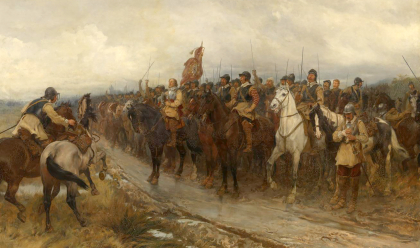
Join Professor of Archaeology Christopher Gerrard to learn about a 350-year-old mystery and its links to Scottish heritage in New England.
The Brue Family Learning Center